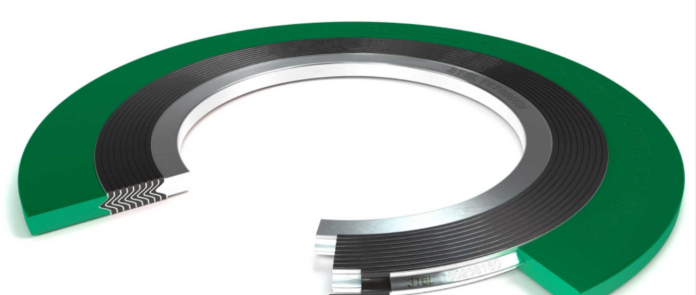Gaskets are an essential part of any machine. They help keep the parts in place and prevent leakage. This is especially true for machines that deal with fluids, such as water heaters, air conditioners and more.
But from the Spiral Wound Gasket Materials to the ring gaskets what are the most reliable gasket materials? Which ones can you count on to last through years of use?
Here are some of the most reliable gasket material options:
Rubber
Rubber is a durable material that can withstand high temperatures and pressures. It also has good resistance to chemicals, oils and other liquids. However, it’s not as flexible as other materials so it may not be ideal for certain applications.
Vinyl
Vinyl is another great option for gaskets because it’s flexible and easy to work with. It also has good resistance to chemicals and oils like rubber does but it’s much softer than rubber so it needs more care when handling during installation or repair work.
Silicone
Silicone is one of the most popular types of gaskets because it has a number of advantages over other materials. It is flexible, so it moves with the changing pressures and temperatures inside your engine without cracking or breaking. It also resists extreme heat and cold, which can cause some other types of gaskets to become brittle or crack. The only downside to using silicone as a gasket material is that it doesn’t work well with oil-based fluids, such as engine oil or transmission fluid.
EPDM (Ethylene Propylene Diene Monomer)
EPDM rubber is another popular choice for gaskets because it has several advantages over silicone rubber. It works well in both hot and cold temperatures, which means you won’t have to worry about replacing your gasket when you take your vehicle through extreme temperature changes during winter or summer driving conditions. Its flexibility makes it easy to use in areas where there isn’t much room for movement between parts that need to be sealed together
Natural Rubber
This is made from latex, the sap of the rubber tree. The most common natural rubber is EPDM (ethylene propylene diene monomer), but there are several other types. Natural rubber is highly resistant to water, oils and most chemicals, but it’s brittle and tends to tear under high pressure.
Nitrile (NBR)
Nitrile is made from a synthetic rubber that’s less expensive than natural rubber and resistant to ozone, sunlight, heat and cold. Nitrile gaskets are often used in automotive applications because they’re more durable than natural rubber ones.
Cork
Cork is another material that has been used for decades in automobile engines because it’s inexpensive and easy to work with. Cork expands when wet but shrinks when dry, which means it only needs occasional maintenance like cleaning or replacement every once in awhile instead of daily maintenance like rubber does.
Conclusion
Every component of a gasket has been carefully crafted to meet the specific demands of each type of engine. These materials are assigned based on their ability to handle extreme pressure and temperature. The diversity of products offered by the leading manufacturers allows all customers to find what they are looking for.
What is more, the top positions belong to companies that combine hard-to-find features with low prices and high item quality. If you want to save your time and search for appropriate gasket material at once, feel free to use jinsealing gasket materials.










